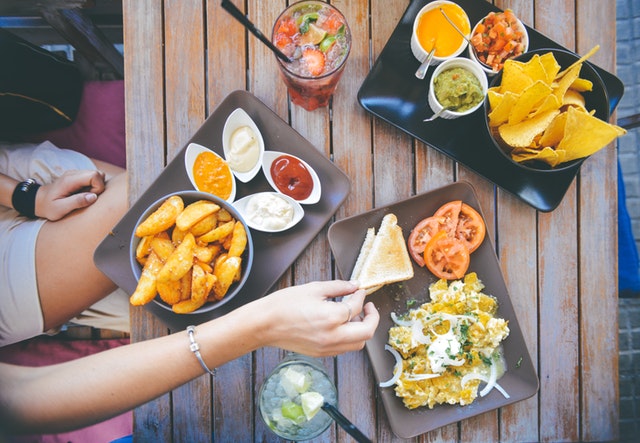What is the Relationship Between Food and Mood?

Glucose fluctuations and nutritional imbalances are often guilty. Without a gradual source of fuel from the foods we eat, our minds and bodies don’t function well.
- Skipping meals. Missing a meal, especially breakfast, can result in low glucose. this may likely leave you feeling weak and tired.
- Cutting out entire food groups. If you reduce the variability of foods in your diet, it may be tougher to induce all the essential nutrients you would like.
- Eating too many refined carbohydrates. This may result in low energy and irritability.
However, research linking the 2 is growing at a rapid rate. In recent years, evidence shows that food can contribute to the event, prevention, and management of psychological state conditions, including depression and anxiety disorders.
Researchers are taking a more in-depth take a look at why diet may influence the psychological state. Studies are exploring diet’s effects on gut microbiota (organisms within the intestinal tract), neuroplasticity (brain’s ability to change the structure, wiring, and function), oxidative stress (cellular damage), and chronic inflammation.
In fact, many believe that good nutrition is as important to psychological state because it is to physical health. Following a healthy eating plan can keep you energized and facilitate your feeling your best. If you’ve got concerns about your mental state, see your health care provider.



